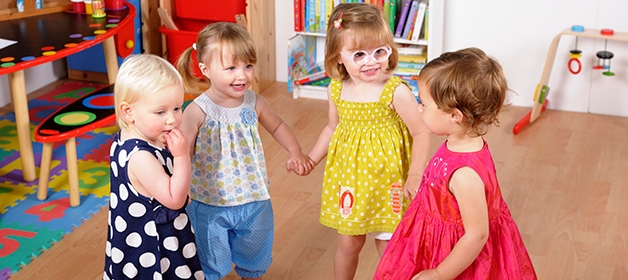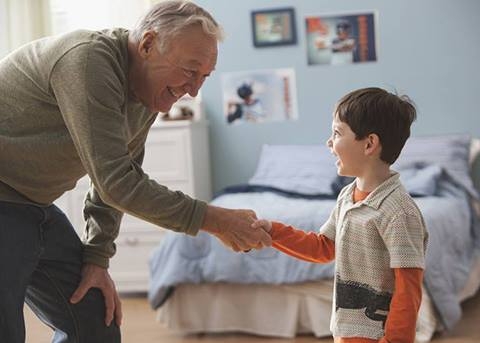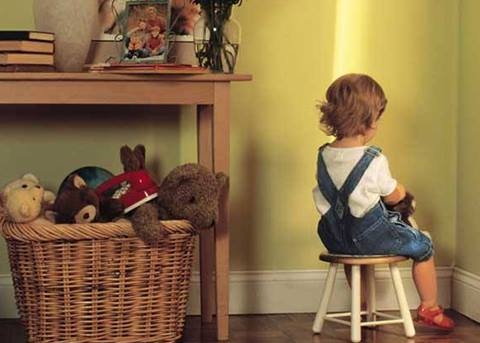Helping Kids Develop Social and Emotional Skills
30/05/2016
-Ohana
-0 Bình luận
How can you help your child learn how to play well with others?
Social competence not only involves the ability to cooperate with peers; it also includes such things as the ability to show empathy, express feelings, and share generously. Fortunately, there are plenty of things that you can do to help your kids develop these all important social and emotional skills.

Modelling appropriate behaviours is essential. Observation plays a vital role in how young children learn new things. If your child sees you sharing, expressing gratitude, being helpful, and sharing feelings, your child will have a good solid understanding of how to interact with other people outside the home. You can model these responses in your own household with both your child and other members of the family. Every time you say "please" or "thank you," you are demonstrating how you would like your children to behave.
Most importantly, be sure to offer praise when your children demonstrate good social behaviours. Reinforcement not only makes young children feel good about themselves, it helps them understand why certain behaviours are desirable and worthy of praise. Helping your children feel good about themselves also plays an important role in developing a sense of empathy and emotional competence. By creating a positive climate where children are allowed to share their feelings, children will naturally begin to become more generous and thoughtful.
Teaching Empathy and Cooperation
Parents can also boost empathy and build emotional intelligence by encouraging their children to think about how other people feel. Start by inquiring about your child's own feelings, asking questions about events in your child's life. "How did you feel when you lost your toy?" "How did that story make you feel?" Once children become skilled at expressing their own emotional reactions, begin asking questions about how other people may feel. "How do you think Nadia felt when you took away the toy she was playing with?" By posing such questions, children can begin to think about how their own actions might impact the emotions of those around them.
Cooperation is one skill that benefits tremendously from direct experience. Giving your child the opportunity to interact and play with other kids is one of the best ways to teach your child how to relate to others. While your toddler may find playing with other kids his age frustrating at times, since kids often lack patience and the ability to share, this will gradually begin to improve with age and experience. As children play and interact, they also begin to develop social problem-solving skills. Early attempts might involve plenty of arguments and conflict with siblings and peers, but eventually kids learn how to negotiate and compromise with other children.











